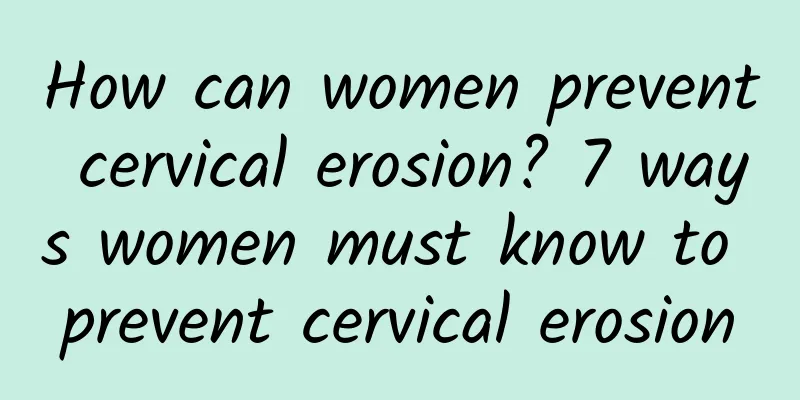At what age do women reach menopause?

|
Women usually go through menopause around age 50, but the exact age can vary from person to person. Menopause is part of a woman's natural physiological process and usually occurs between the ages of 45 and 55. As we age, our ovaries become less functional and our body produces less estrogen and progesterone, leading to changes in our menstrual cycle and eventually menopause. 1. Individual differences and menopausal age The age of menopause may be different for each woman, which is closely related to personal constitution, lifestyle, eating habits and environmental factors. For example, family history may affect the age of menopause. If the mother or sister has early menopause, the woman may also have menopause at an earlier age. Factors such as smoking, stress and malnutrition can also affect the time of menopause. 2. Ovarian function and menopause The decline of ovarian function is the direct cause of menopause. As we age, the number of follicles in the ovaries gradually decreases, and the follicles' ability to respond to pituitary gonadotropins decreases, eventually leading to ovarian failure. The timing and speed of this process varies from person to person, but usually a few years before menopause, women will experience irregular menstruation and other menopausal symptoms. 3. Physical changes after menopause After menopause, the level of estrogen in women's bodies decreases significantly, which may lead to a series of physical and psychological changes. Common symptoms include hot flashes, night sweats, mood swings, irritability, restlessness and insomnia. The severity of these symptoms varies from person to person, and some women may need to take estrogen supplements to relieve discomfort. 4. Health management after menopause After menopause, women's health management becomes particularly important. Due to the decline in estrogen levels, women are more likely to have urinary tract infections, vaginitis and other problems. Regular health checks, maintaining good living habits, a healthy diet and moderate exercise can help reduce the occurrence of these health problems. 5. Psychological preparation and support Menopause is a major turning point in a woman's life that can have an impact on her psychological well-being. Sharing your feelings with family and friends, seeking professional counseling, and joining support groups can help women better cope with this change. Menopause is a natural physiological process. Although it may bring some discomfort, through scientific health management and psychological adjustment, women can smoothly pass this stage and welcome a new chapter in their lives. Maintaining a positive attitude and a healthy lifestyle is the key. |
<<: What is watery discharge after menopause?
>>: When is the right time to have a painless abortion?
Recommend
Good-looking and slimming! Latin aerobics butterfly sleeves
In the sunny summer, for many women, whether wear...
What anti-inflammatory drugs should I take after painless abortion? Do I need to take anti-inflammatory injections after painless abortion?
Painless abortion is a common gynecological surge...
Can I have an IUD if I have pelvic effusion?
IUD is a contraceptive measure for women who do n...
What is uterine fibroids?
Uterine fibroids are a type of hormone-dependent ...
What are the common dangers of hyperprolactinemia?
Prolactin is a polypeptide hormone secreted by sp...
Can ovarian cysts be cured with medicine?
Can ovarian cysts be cured with medicine? 1. Ovar...
When is the best time to hang needles for pelvic effusion
Lumbar pain, low back pain, lower abdominal diste...
Korean oysters are contaminated. Health Department: Currently conducting batch-by-batch inspections
The U.S. Food and Drug Administration (FDA) annou...
Will having an abortion affect fertility? Listen to the doctor
With the development of today's society, peop...
5 main causes of cervical hypertrophy
Cervical hypertrophy can cause great harm to the ...
What should you pay attention to after a miscarriage? Pay attention to these 8 points
According to relevant data, the number of abortio...
Common causes of vulvar itching
Generally speaking, the symptom of vulvar pruritu...
What causes functional uterine bleeding?
Dysfunctional uterine bleeding is abnormal uterin...
What is the disease of vulvar itching and leucorrhea?
What is the disease of vulvar itching and leucorr...
Symptoms of hyperplastic vulvar leukoplakia
What are the symptoms of hyperplastic vulvar leuk...









